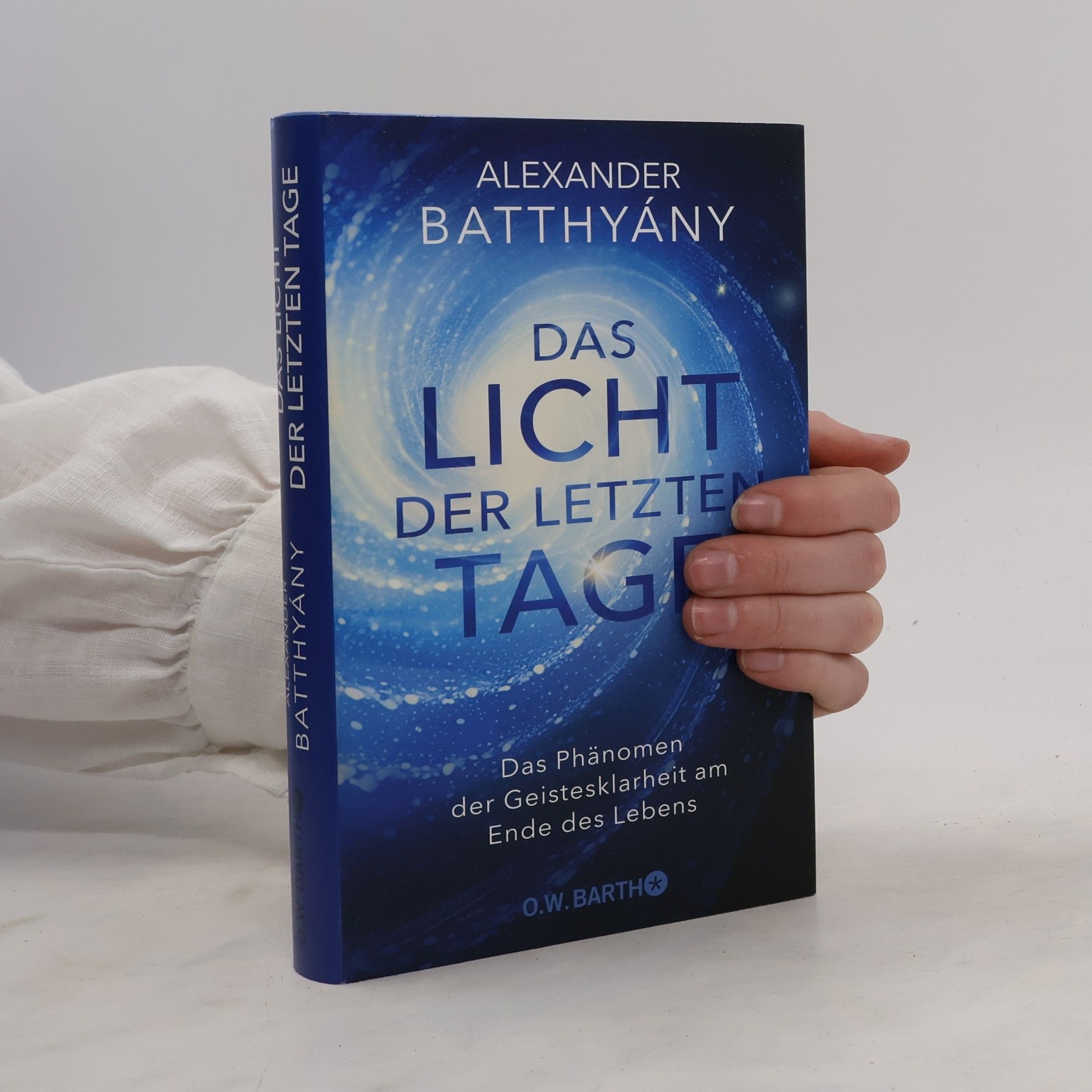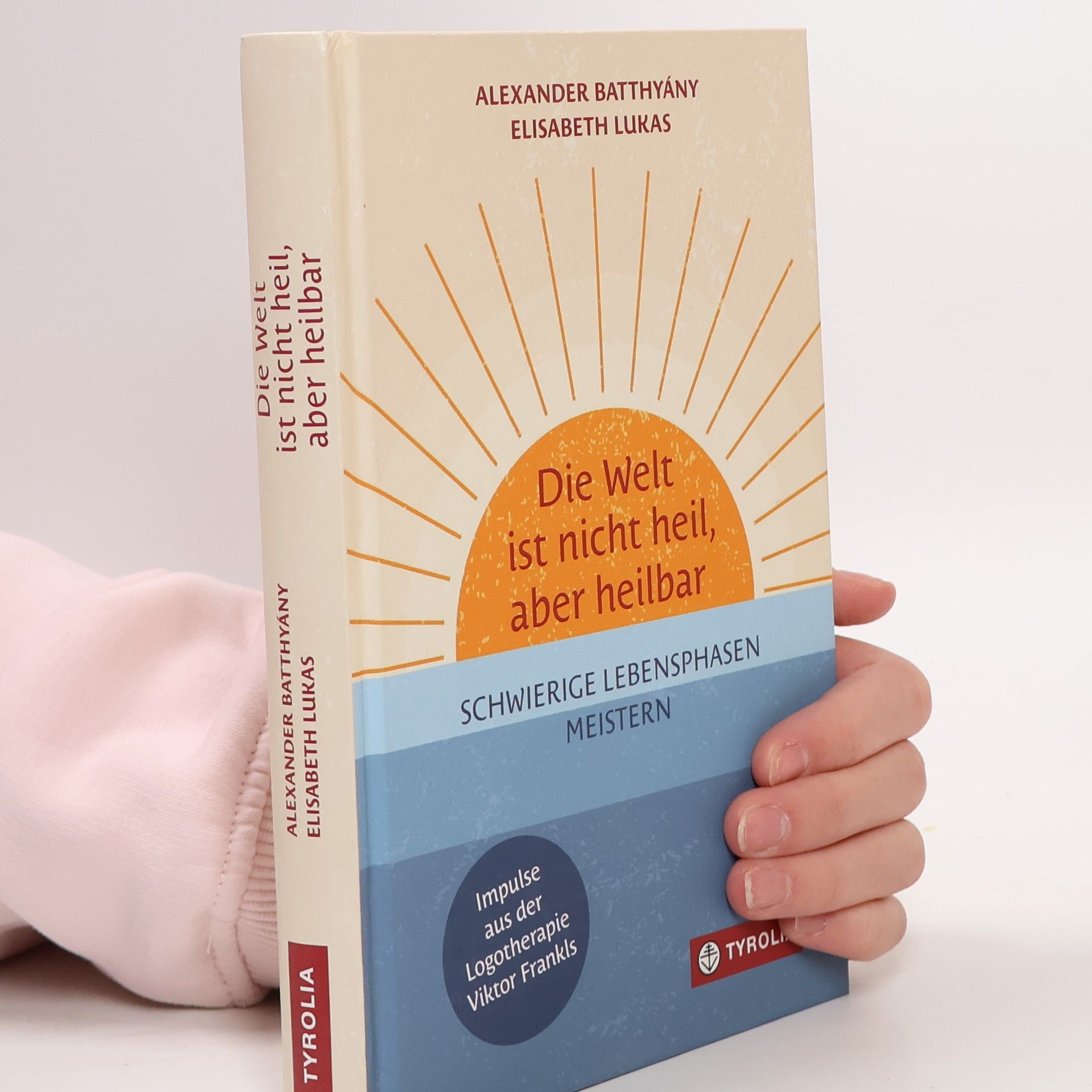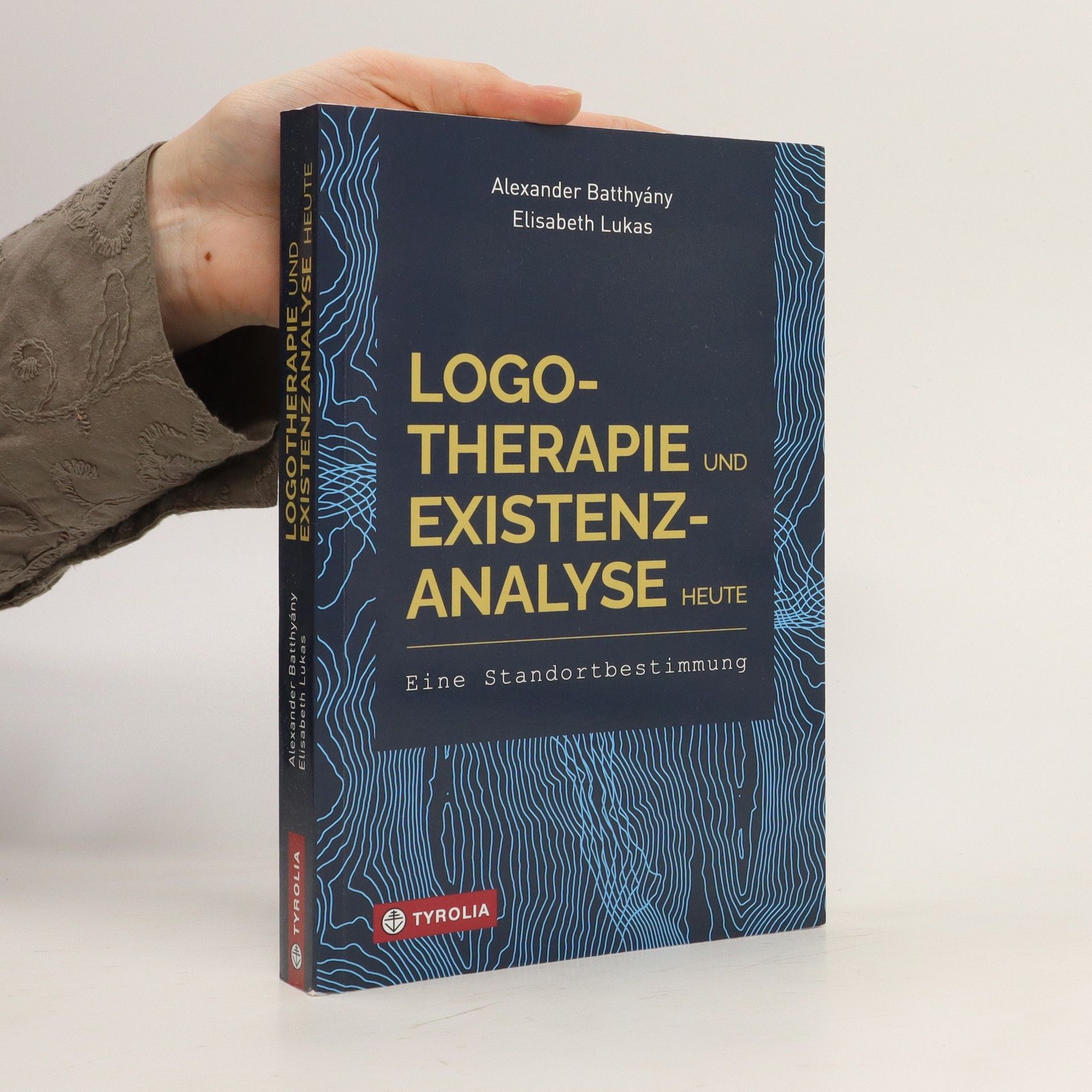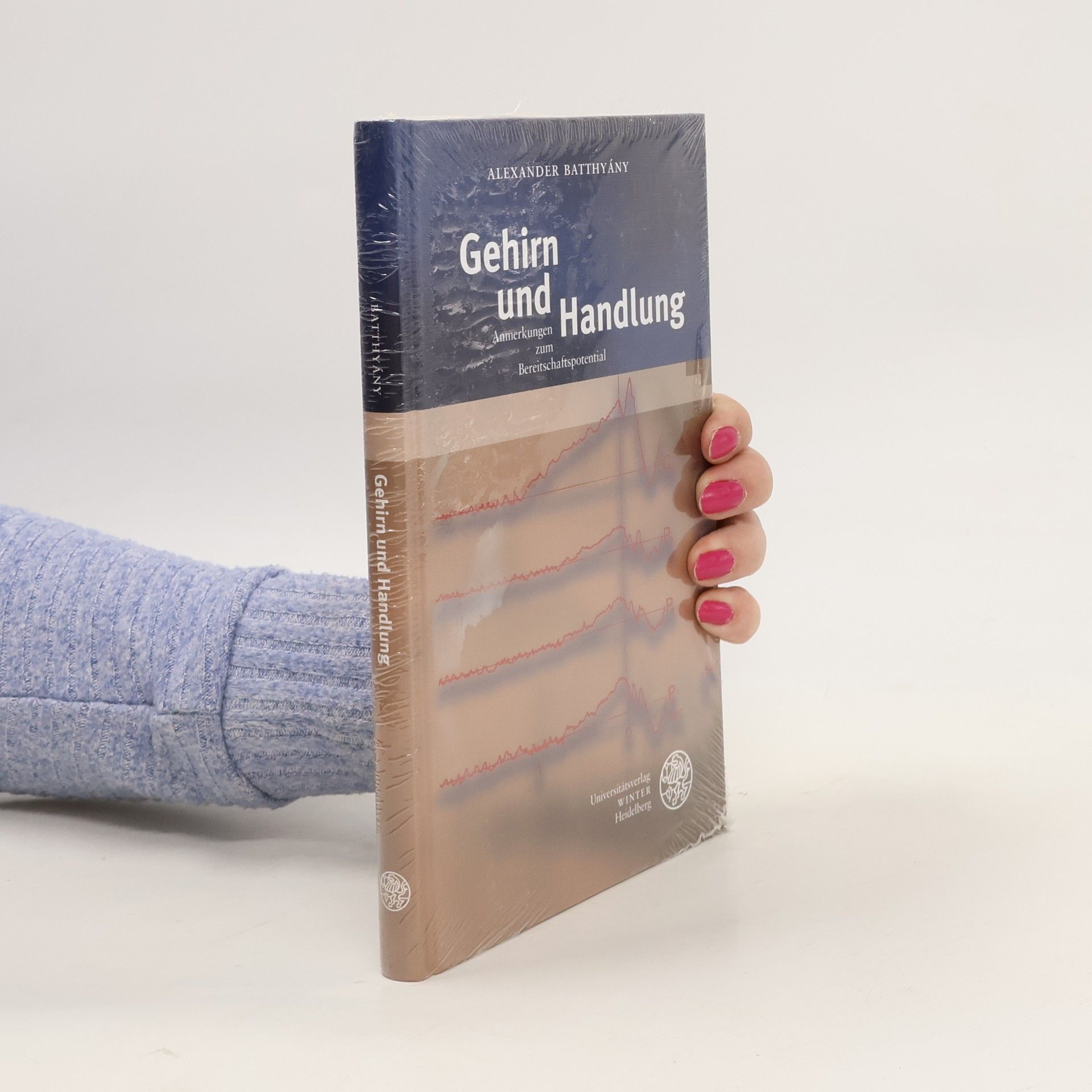Rückkehr zum Psychologismus?
Zur Aktualität von Viktor Frankls Kritik an Alfried Längle
- 120 pages
- 5 hours of reading
Die Logotherapie und Existenzanalyse wurde im 20. Jahrhundert von dem österreichischen Psychiater und Holocaustüberlebenden Viktor Frankl entwickelt. Die zentralen Aspekte der 'Dritten Wiener Schule der Psychotherapie' - Sinn, Freiheit und Verantwortung - sind angesichts der globalen Herausforderungen des 21. Jahrhunderts auch heute von hoher Relevanz.Im Laufe der Zeit wurde das originäre logotherapeutische Konzept von verschiedenen Psychologen und Psychotherapeuten weiterentwickelt. Zwei Psychotherapieschulen, die sich in einigen zentralen Punkten diametral gegenüberstehen, sind aufgrund ihrer irreführend ähnlichen Bezeichnungen kaum voneinander zu unterscheiden. Die Logotherapie und Existenzanalyse Viktor Frankls und die Existenzanalyse Alfried Längles sind ein gutes Beispiel einer divergenten Entwicklung. Die Differenzen dieser therapeutischen Ansätze sind über sämtliche Psychotherapieschulen hinweg von hoher Bedeutung. Denn sie beziehen sich auf jene drängenden Fragen, mit denen Psychotherapeuten aller Schulen angesichts der globalen Krisen unserer Zeit konfrontiert werden: Wie kann der Mensch im besten Sinne Mensch sein? Wie kann er mit der Krisenhaftigkeit der Zeit umgehen? Und wofür ist er eigentlich verantwortlich?









